The vast majority of clients for sex workers of any gender has always been, as I’m sure you can imagine, men — but, if you believe the trend pieces, over the last several years there’s been a slow but steady rise of women also patronizing escorts or dominatrixes or booking their very own sensual massage. The conversation around why women aren’t typical clients and what motivates them to take the plunge can feel a little gender essentialist, but it’s also really sociologically fascinating. As a former sex worker who came into my queerness while working in the industry, it’s actually one of my favorite conversations to have.
Which is just to say that I adored speaking to queer Amsterdam-based luxury escort Charlie Levine about that topic and so many others. In the Netherlands, sex work is legalized, and she’s been doing this work since she was 21, starting out at an agency before eventually going independent. She describes herself on her website as a long-legged brunette, doe-eyed with velvet skin, bee-stung lips and timeless charm, a fan of Virginia Woolf and Bladerunner, saunas and Nobuyoshi Araki, open to clients of all genders and sexualities. And lately, more and more of her clients haven’t been cis men.
We talked about a million things on our zoom call, but this interview has been edited for length and clarity. To protect her identity and her life outside of work, Charlie’s real name, identifying details and face have been obscured.
Riese: Okay, so — let’s start at the start. What made you interested in becoming a sex worker?
Charlie: I think I’ve always had this fascination with sex work — an almost gravitational pull towards it. We get these messages about purity, about either Madonnas or whores, and I think I was quite struck by that dichotomy — I latched onto that from a very young age. And throughout the ages some of the freest women had been courtesans, and I was so drawn to them. Could I do this work? What would it be like? Before I started, I used to fantasize about inviting an escort over. On a deeper level, I wanted to know a version of myself that I couldn’t really access otherwise. It’s strange. I never really know why I started. Of course, money was also a big motivator.
Riese: Right — for me, it was money first and foremost, but also I’d been curious about sex work for a long while. Did you know you were queer when you started?
Charlie: I did. I think I knew relatively young, around the age of 15, that I was into girls as well. But it took a long time to come to terms with what that means and to explore that side of myself.
Riese: So when you first started out, you worked with an agency?
Charlie: Yes. After years and years of reading about sex work, thinking about it and building these hypotheticals in my mind, I interviewed with one of the so-called “high end” agencies. I saw it as an experiment, not thinking I’d really start working for them. Before I knew it, I had my first booking.
I do still remember that very first booking, and how nervous I was. I was sitting on the couch in a hotel with a glass of wine in my hands shaking a little bit. Not from nerves about what I was going to do — but this idea that once I do this, I can’t go back. That was scary. But then — it wasn’t actually that hard. It was quite easy. And fun!
Riese: Did he know it was your first booking?
Charlie: I think he knew, yeah. He also immediately proposed marriage and asked me to have his child. Then after we had sex he fell asleep.
Riese: Oh, wow. That’s nice.
Charlie: And I didn’t know what to do! I was like, time is ticking?
Riese: So the agency that you worked for, did specifically outcall1 full service2, basically?
Charlie: Yeah. Outcall full service, with a two-hour minimum booking time, so more of an “experience.” We’d usually have clients that wanted something beyond just the sexual aspect. We’d often have dinner together, or I’d accompany them to a social event, a concert, the ballet, that kind of thing. Some would book us for multiple nights, or for company on a multi-city-trip. I’d join a group of girls for a bachelor party in Ibiza, then be off to a jazz bar in Paris. I was often someone’s girlfriend at a work function. I was once taken to a Sheryl Crow concert and she is, by the way, very hot. That’s fun. I’ve been thrown into all these different types of social situations and environments I’ve had to learn how to navigate.
Riese: So you felt like it was a good fit for you from the start?
Charlie: It came so easily. I really enjoyed that intimacy and that space that you create with another person. It’s isolated from the rest of the world — as if suspended in space and time, even. You get to know each other quite well in that space.

Riese: How long did you stay working with an agency?
Charlie: Quite long! Probably too long. They were fine, comparatively, but agencies in general, especially in the Netherlands, have their discontents — I didn’t really feel like I could express myself fully, because they’d still always have the final say about my image. Like, over-the-knee boots weren’t allowed and stockings – which always seem to tear after only one wear – were always mandatory. We were supposed to invest in high-end lingerie and luxury brand clothing at our own expense.
They were representing us, so they got to call the shots. They’d determine our rate, offer discounted multi-hour ‘packages’ without our consent, and take 40% of our earnings. Because of the different tax structures and possible deductions for agencies and individual workers in the Netherlands, that meant that in the end they would effectively earn more from a booking than you did. Also, they were always a little mysterious about their ‘secret’ screening and verification methods, but I later learned that those entailed next to nothing. All that is to say: agencies have quite a lot of power in the Netherlands, and if you’re hiring someone from an agency, make sure to tip.
Riese: Yeah our screening was so intense, but I think that’s ‘cause it’s illegal in the U.S. It’s legal in the Netherlands, right?
Charlie: It’s legalized, but that means it’s also regulated, and working is conditional upon a lot of intrusive rules supposedly there for our own good. I think the only desirable framework is full decriminalization, which entails removing all regulations that criminalize or penalize sex work. Because legalization actually ends up worsening the general working conditions and safety of the industry for most, especially for those who are already marginalized and who end up being pushed into the margins even further. Street sex work is largely outlawed, and there’s an increasingly limited number of spaces where sex workers can work. Different cities have different regulations, and it’s almost impossible to work independently. Because the conditions to work licensed are very difficult to meet, a lot of sex workers end up working unlicensed and have difficulties accessing and trusting institutions such as banks, police and health care. To different degrees, the fact that the government, as well as the local municipalities, get to determine the conditions for working as a sex worker really affects all workers.

“The threesome was the medium through which she could explore her queerness, in a way that she might otherwise not have been able to. Those were very fun.”
Riese: How does your queerness impact how you approach your sex work?
Charlie: From more of a community perspective, I see sort of the queer community and sex worker community as very intertwined. We’re both always fighting for recognition, for safety, for bodily autonomy. And I think as a queer sex worker, that’s doubly important to me.
In terms of my personal life — when I started working with the agency, I wasn’t really able to put as much of my queerness into my work, or to advertise that I would want to see women clients. When I went independent, I wanted to be open about it, and now I’m happy that it’s explicitly a part of what I do, seeing clients across the entire gender spectrum. But I’ve recently really also seen an uptick in women clients, which is really cool.
Riese: Did you ever see women clients when you were with the agency?
Charlie: Yes, but never by themselves. I saw some couples. I still do. They’re actually my favorite thing to do, because it’s so challenging and complicated and exciting to navigate those dynamics. There are two people who relate to each other in a certain way, and as their guest for the night, I have to navigate all that.
When I was with the agency, I always got recommended for couple-clients because I’d make sure the woman was at ease. Sometimes it’d be difficult, you’d notice the woman was mostly doing it for her partner, not out of her own desire. Sometimes you feel like it’s something they’re sharing together, they’re really in love, and they want to explore. Then other times you definitely get the sense you were hired because of her.
Riese: Interesting! Like because she wanted to explore her own bisexuality?
Charlie: Yeah. The threesome was the medium through which she could explore her queerness, in a way that she might otherwise not have been able to. Those were very fun.
Riese: Yeah I imagine — if you think about all the potential clients you could see, a threesome situation where the woman wanted to explore her queerness sounds like a top tier booking.
Charlie: Yes! Once I had a couple who booked me — or actually the woman booked me — and I was supposedly a surprise for her husband. He wasn’t allowed to touch me at all. And she just had her way with me!
Riese: Did he like it?
Charlie: I think so, yeah! It was hilarious. It was really fun with her — but I was like, oh this is not for him.
Riese: Were there couples that you’d see multiple times, that you’d have as repeat clients?
Charlie: Yeah, definitely. There’s been a few couples that really treated me as their secret girlfriend, and who I got to know much better and more intimately. And because you really can make real lasting, and genuine connections, through this work, and especially when you’re allowed to be part of someone’s intimate life, as a couple, that’s a really special role to have, I think, when it goes well. But again, it’s a fine line.
Women are so socialized — successfully or not — to be objects of desire, not subjects of desire, on a sexual marketplace. And that’s really hard to navigate, if you’re positioned like that, or to take up that role of the one who is pursuing their desire.

Riese: We really never had female clients at the two massage parlors where I worked — so I only ever saw one woman client.
So the first place I worked had a lot of queer girls working there. but the second one, when I first started there, didn’t. So, my boss called me on my day off and she was like, “hey we have a regular who wants to come in with his friend and his wife, and wants the three of them to be seen by different girls at the same time. Could you come in today and see the wife?” And I was like, “Absolutely. I’ve been waiting all my life for this phone call. I will be there!” And I was so excited, it was great, it was wonderful, fantastic happy ending.
First of all though, this guy, he didn’t tell her what was going on! We talked about her family, her kids, how she’d moved to the U.S. to be with her husband. Anyhow, she caught on quickly but initially he hadn’t told her what type of massage it was.
Charlie: Oh my God.
Riese: Right? But okay, so I always had theories about why there were no female clients, and then I want to hear yours too!
Which number one, obviously money.
And then number two — and this was specific to the type of work I did, different from what you do — since ours was like, you get a massage and then a hand job, with very defined boundaries around what type of physical intimacy was against the rules, it was just a more straightforward event for a man, and a service that I think people associate with cis men. Sometimes, women can be more complicated in terms of what gets them off.
But then — number three, and this was something I didn’t realize the extent of until I became a sex worker, is that it’s a social thing. Men talk to each other, they bring each other to certain sex workers. Not just their friends — their co-workers, too. We’d often see multiple men who worked at the same firm, the same hedge fund, whatever. Most new clients were accepted as referrals from existing clients. I didn’t know that men spoke to colleagues so openly about seeing sex workers. Women just aren’t in that world. So those were my theories, but what are yours?
Charlie: The sort of social interaction between men about sex workers was also really new to me. I never knew that this is how some men get acquainted with sex workers, and different places to go. So I definitely think that there’s something to that, right? That there’s not that much of a social network, to have access to sex work, or even to feel that it is an option.
Riese: Right. Like I knew men went to strip clubs with clients, obviously, or maybe to brothels with friends on vacation. But the like — “I’m bringing a guy we’re recruiting to our company, I’m gonna bring him here to get a hand job,” basically? Okay! That’s fascinating to me. I don’t think women are doing that at all. Certainly not in the business world.
Charlie: And there’s no shame about it. It’s very interesting. I’ve even had men book me and another colleague, and basically have dinner for four first, and then go to adjacent rooms, share that experience with each other. That’s probably a little different for women.
I’ve given this a lot of thought as well, because I do actually see single women now, which I’m super happy about — but I think for a lot of women it’s not just the financial barriers, but even those who can afford it, there’s a symbolic barrier. Women are so socialized — successfully or not —to be objects of desire, not subjects of desire, on a sexual marketplace. And that’s really hard to navigate, if you’re positioned like that, or to take up that role of the one who is pursuing their desires.
Riese: Yeah, men are socialized to think that satisfying a desire for sex is something worth spending money on. Women aren’t socialized to think it’s okay to have so much desire that you seek to fulfill it so intentionally. We had a writer several years ago who wrote a piece about their experience hiring a sex worker and that came up for them a lot as well.
Charlie: Exactly. I think that might be actually one of the biggest obstacles. I can sense that with women clients, that they’re uncomfortable taking up that role. It’s almost as if it gives some gender trouble, right?
Riese: For sure.
Charlie: In terms of roles that are laid out for us.
Riese: Absolutely. Because obviously we know men feel entitled to sex, right? They’re mostly one hundred percent chill about hiring sex workers. I can imagine with women, they’re being a little bit more like, am I allowed to do this? Is this okay for me to want this?
Charlie: Exactly. I always hope that women will start allowing themselves this a little bit more. It’s so interesting though, because once you wrap sexual services up in a not-so-explicitly sexual or even spiritual story of self care — it’s a yoni massage, it’s something wellness-adjacent — then suddenly it seems to become easier to act on those desires. But when a service is also explicitly sexual, the barrier seems to be a lot higher still.
Riese: Do you feel like those attitudes are changing? What do you think is driving what you’re seeing, in terms of an uptick of female clients?
Charlie: It’s hard to say. For me, it’s probably a lot of my own marketing. But I also get the sense that it’s being talked about more amongst women and queer people. Perhaps it also relates to the general change in some circles, when it comes to views around sex work. I mean, we talked a little bit earlier about how kind of a shift has occurred in certain circles, when it comes to almost normalizing sex work, a little bit.
Riese: Right, there used to be such stigma around it that I usually kept my own past a secret, but now I’m pretty open about it.
Charlie: A few years back, I suddenly noticed — I feel like the shame is gone, and therefore I also just kind of want to tell everyone, like I’m proud of what I do, and I think I’m pretty good at it.
Riese: Amongst the women that you see, do you see many who aren’t exploring or in a couple, but are just lesbians who want to hire a sex worker the same way a straight man would?
Charlie: I’ve definitely seen an uptick personally, and some colleagues of mine as well, in just women who know that they’re queer, but have difficulty finding time to date, because dating is exhausting, and queer dating especially. They’re just like, I just want to have time with someone who I’m attracted to, and spend a nice evening that’s sensual, but also fun. And that has been really nice to see.
Riese: I’d love a world where there was more of that. Men are so comfortable with wanting a completely no-strings-attached nice, sexy evening with somebody. But non-men deserve that too!
Charlie: Absolutely. That’s a type of self-care as well! Yeah. I always feel like I wish more women would feel they could take up that space. But also my clients tell me that it’s hard to find, for instance, escorts that are actually queer, or bisexual, or a lesbian. A lot of the branch is still catering towards men. Some of them even charge more—
Riese: For women?
Charlie: Yes! Which I find unimaginable. But many women don’t know this experience exists.
Riese: I saw on your website that you offer special rates for women.
Charlie: I just want to give women an extra push to take the leap!

Most colleagues I met and worked with at the agency weren’t actually bisexual outside of work, but were very happy to work together with another colleague. And I mean, who wouldn’t be?
Riese: So, out of curiosity I poked around some agency website in the Netherlands and the first one I landed on —in the preview images they had for each escort there was an overlay of the basic details —name, physical characteristics, and then whether they were bisexual, bicurious, heteroflexible or heterosexual —but only one person put heterosexual, they mostly said “bisexual.” And “Lesbian Experience” is listed as one of the services offered, but they also have a lot there about threesomes, seeing couples, and so forth. Have agencies always put that information so front-and-center or do you think that’s a reflection of what you’ve been seeing also in terms of a rise of people looking for those experiences? Or is it just that men find the idea of a woman being bisexual titillating?
Charlie: Ah, a “lesbian experience” now? Interesting. Yes, they must be trying to jump on the bandwagon indeed! That might really be a reflection of a higher demand.
The rest of what you’re seeing, though, especially the stated sexual orientations, is really not primarily directed at women I think. And you’re right, the idea of a bisexual companion is probably titillating to men, and, more importantly I think, an expression of willingness to do a duo booking with another provider. Most colleagues I met and worked with at the agency weren’t actually bisexual outside of work, but were very happy to work together with another colleague. And I mean, who wouldn’t be? There’s nothing wrong with that. Although I did once have a duo booking with another woman who almost seemed appalled by any girl-on-girl ‘action’ with me – can’t say I wasn’t a tiny bit startled by that!
Riese: Yeah — for me, depending on the client and the other girl and her sexuality and our relationship with each other, what we’d do in front of the client ranged from like, flirting and touching, to actually having (or pretending to have) full-blown sex with each other in front of him. There was one girl I often shared a shift with who was very straight and even a little homophobic, and when we were booked a double I remember feeling super uncomfortable around how to approach it with her.
Anyhow — I like how you mentioned it as wrapped up in self-care, that’s an interesting framework to think about it within. Is it different for you with female clients in terms of intimacy? Like is it harder to keep that distance?
Charlie: Yeah, I have talked to queer colleagues who’ve said it’s harder to keep boundaries in place with other women. I find myself hoping more that she had a nice experience ‘cause I can understand the stigma and the barriers to being a woman who hires a sex worker. Another thing that’s also a little bit different, is that I think with men, the social roles are often quite set in stone, whereas with queer women, sometimes — you never know who’s gonna open the door, who’s gonna initiate?
Riese: How does that process go in the beginning with a female client who might be exploring — is it any different than you would with a male client? How do role negotiations happen in the moment — do you talk about stuff like topping or bottoming?
Charlie: Oh, it’s hard to make generalizations! I’d say in general, when I notice someone is entering unknown territory, I try to have a conversation about how they can tell me when something feels right, or doesn’t, and I try to take off the pressure of anything in particular needing to happen. I think the fact that I’m used to having less goal-oriented sex in my private life, may help in taking off the pressure to perform. With stuff like topping or bottoming, that really depends, but most of the time these topics surface quite naturally, either verbally or, well, in bed. What I have noticed is that women clients are generally way more cognizant of the need for enthusiastic consent, not just theirs, but also mine. Case in point: I once had a threesome with a lovely couple, and, in the heat of the moment, right as he was making moves to enter me, she abruptly stopped him, “Did you already ask Charlie whether she’d like that?” and then she proceeded to ask me, too. That was honestly such a powerful moment. Never underestimate the joy of getting to say ‘yes’!
Riese: I love that. Do the women who see you, are you usually the first time they’ve seen a sex worker, or have they seen others?
Charlie: I have yet to come across the woman for whom I’m not the first.
Riese: Oh, wow. That’s interesting.
Charlie: Although, no, I’ve seen women who had seen a woman in the context of a couple before. Sometimes that can also be sort of the gateway drug.
Riese: So they’d come after that relationship ended, or just come alone while it was still happening?
Charlie: I’ve had one woman who came to see me who was given that space by her husband to come see me, and that was really lovely. In general, I have the feeling that, in terms of keeping things secret from a partner, that’s something that women do less of. Colleagues of mine also said, “yeah, I love getting the lesbian clients, but once they get a girlfriend, it’s over.”
Riese: Right, that was also interesting for me as a worker, like the girls I worked with who had girlfriends told their partners, the girls who had boyfriends didn’t. And the majority of the clients we saw were straight married men.
Charlie: Yeah. Majority of mine are too.
Riese: I preferred that honestly, usually, because the single ones were more likely to get attached, in a way that married clients didn’t, you know? But do you ever see female couples?
Charlie: No! But if someone could hear me in this universe —that would be my dream. I would love that.
Riese: Is there anything you’d want to say to women who are considering hiring a sex worker?
Charlie: Do some research, hire someone working independently. Also don’t be afraid to give it a try, because I think doing this kind of service allows you to explore different sides of yourself that you might not have had the chance to explore fully. Just take the leap! Call me!

Riese: Is it ever hard to compartmentalize, in terms of your personal life and your work life, especially when you’re seeing women clients?
Charlie: When I started, I was 21, I really compartmentalized a lot. But going independent and growing, I’m shedding those layers of shame around what I’m doing, I’m really enjoying it, I know I’m really good at it. I’m compartmentalizing much less now. It shows in my work persona — that’s not an entirely different character very far away from me, but more a matter of highlighting different parts of who I am. It makes everything more integrated.
I think women who do this work in general are very interesting and worldly people. I love my colleagues. I think we should live in a world where we could put this on our CV, for anything, and it would be considered something praiseworthy.
Riese: It should be! It’s a lot of work!
Charlie: It’s a lot of work, and it’s a lot of social insight, and it’s a lot of intersubjective challenges — being able to see what might be needed, or what someone might want, or being able to feel around what’s right in certain situations. It doesn’t come easy for everyone.
Riese: Yeah, the social aspect was hard for me, it took time. But a big aspect of where I worked was the community I started building with the girls I worked with — which I imagine was much easier for us to do because our place was incall. Did you know the other girls who worked at your agency? Did you start to build a community of sex workers back then?
Charlie: A little bit. I know that it really differs per agency, there’s some agencies that won’t even allow their workers to be in touch with each other —obviously, workers who are in touch with each other can fight for more rights, or better treatment, et cetera. But at my agency it wasn’t discouraged. So I did get in touch with some other workers and we’d sometimes meet each other for duo bookings, which was nice. But now that I’m independent, I’ve created a more supportive network.
Riese: How did you find and connect with other sex workers as an independent sex worker?
Charlie: Obsessive stanning through our socials, for the most part! Also I tour quite a bit so it’s easy to connect with colleagues and ask them out for coffee. Sometimes it’s also a client that connects us, for instance through a duo booking. No better introduction than a steamy threesome, really.
Riese: Yes! Did you find that there were lots of other queer sex workers out there?
Charlie: I’ve gotten to know many more now, I think we send each other small clandestine signals and queer references on our timelines, and generally pick up on those quite quickly, regardless of whether our ‘client-facing’ profiles explicitly cater to a queer audience or not. There were also quite a few at the agency — I wouldn’t say the majority, though, for this kind of sex work. But I’ve heard that, for instance, with burlesque dancers — the majority of them are queer.
Riese: Queer people are always trying to get you to go to a burlesque show.
Charlie: Right?
1 “Outcall” means the booking does not take place in a set location that the sex worker operates out of, like an brothel or massage parlor (that’s “incall”), but instead happens in a different chosen location, like a hotel or someone’s apartment.
2 “Full service” is sex worker code for actual sexual intercourse.



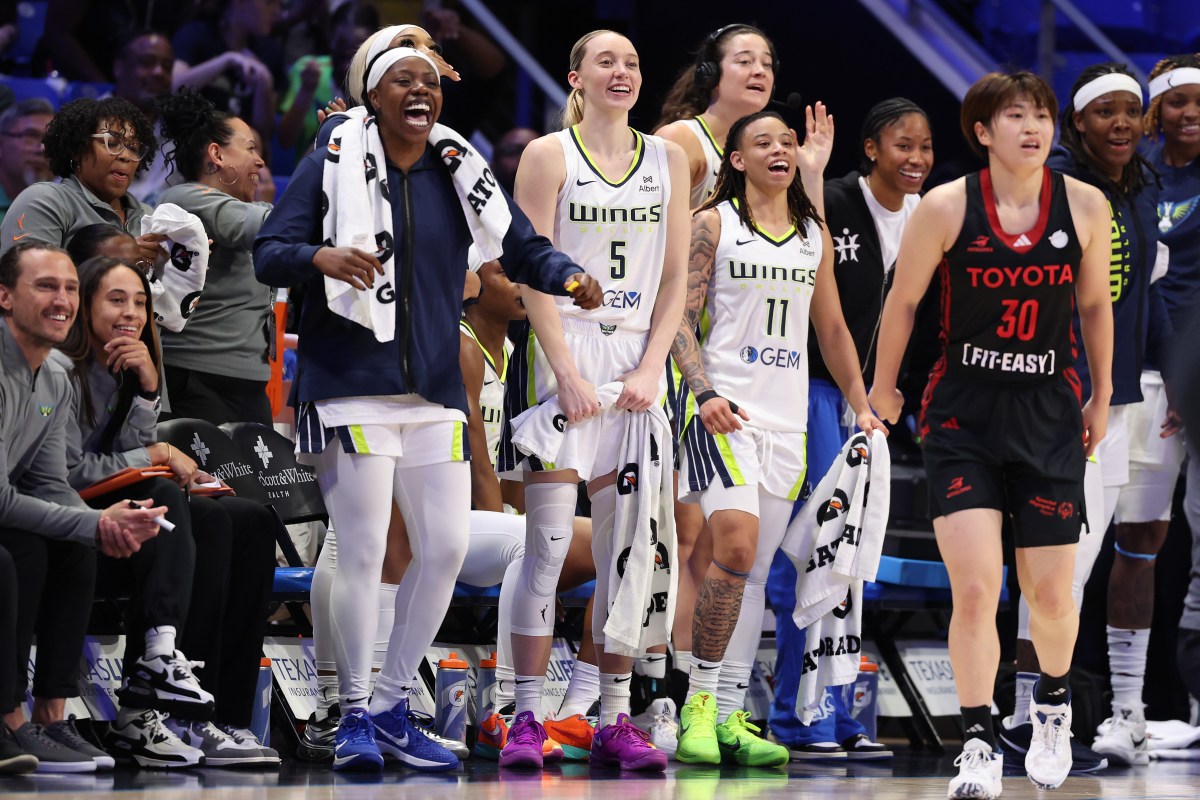








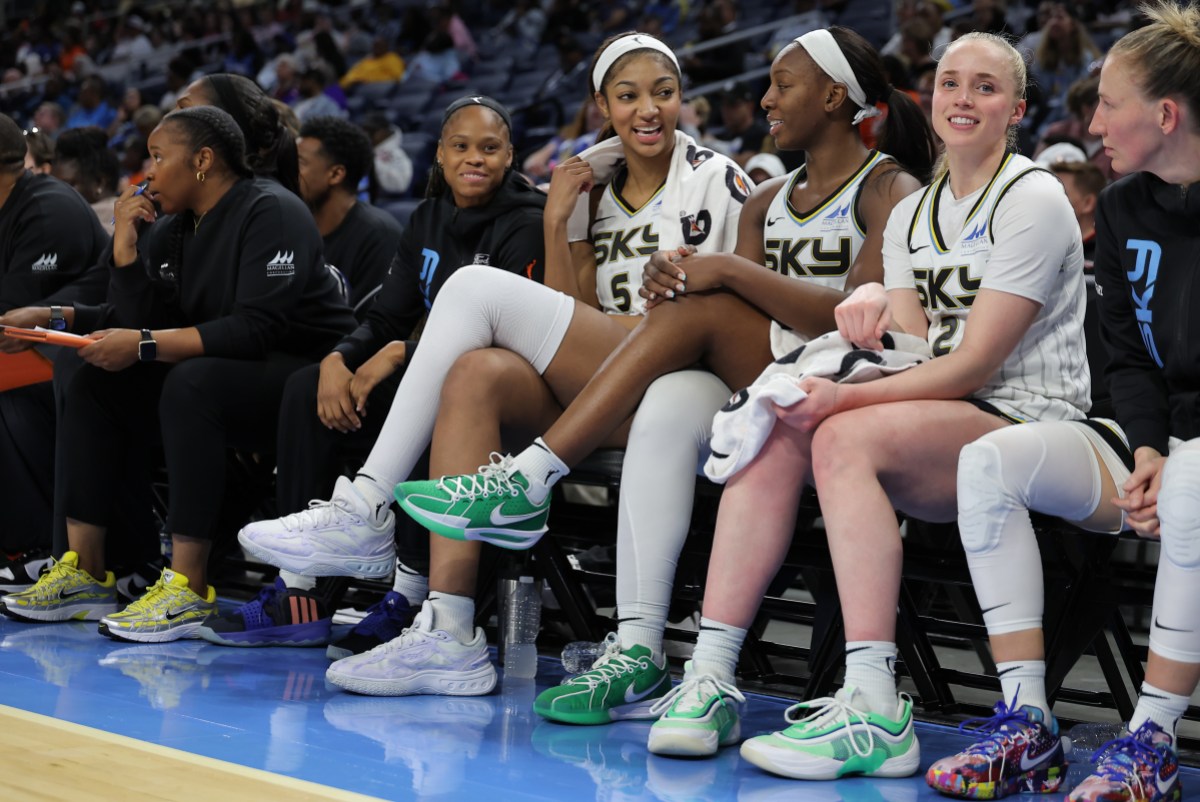

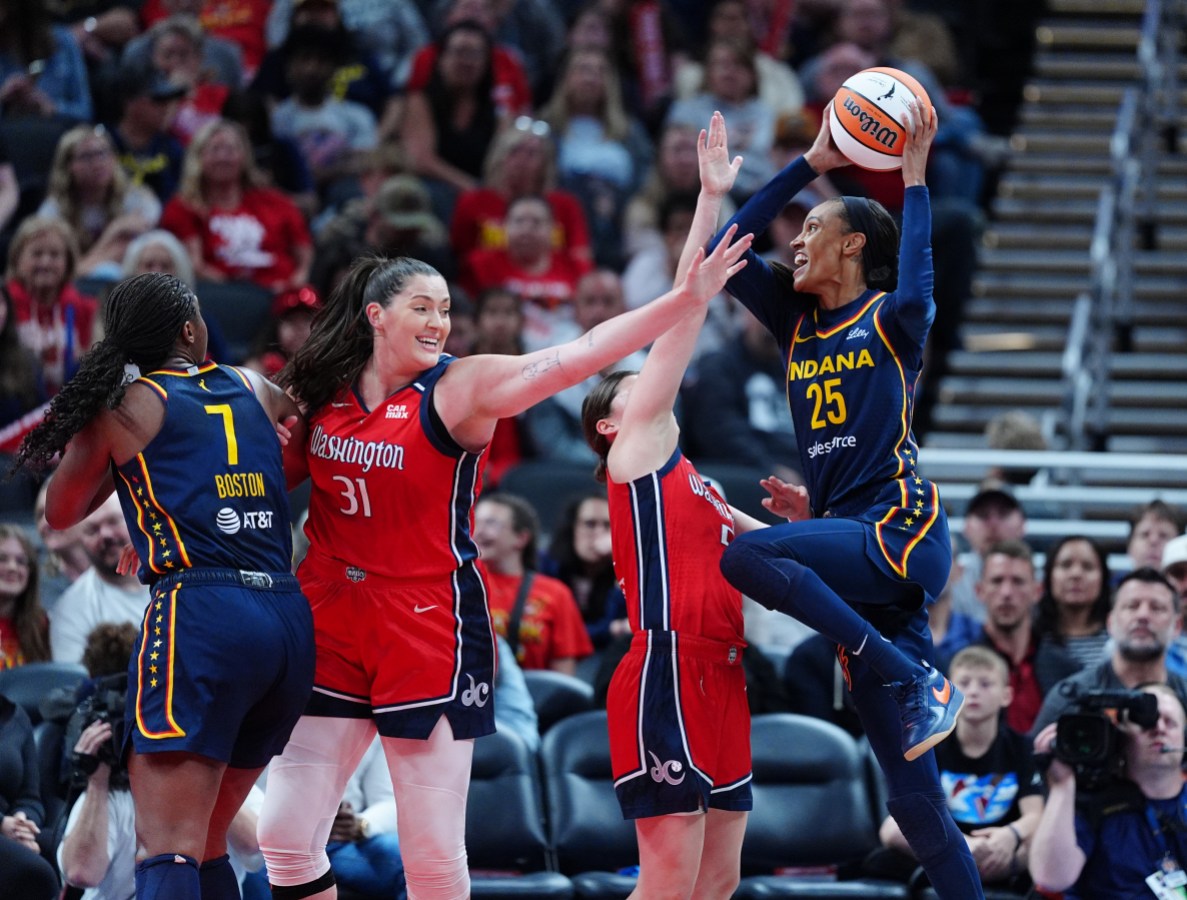
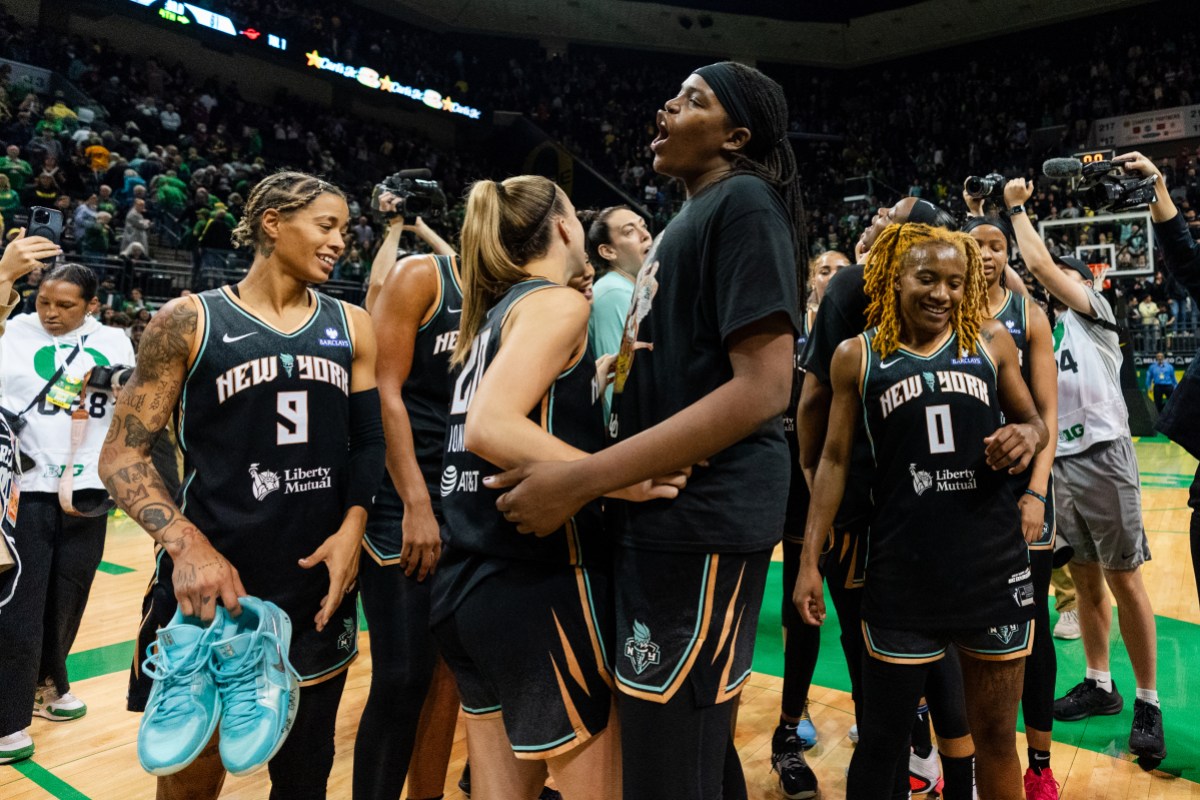
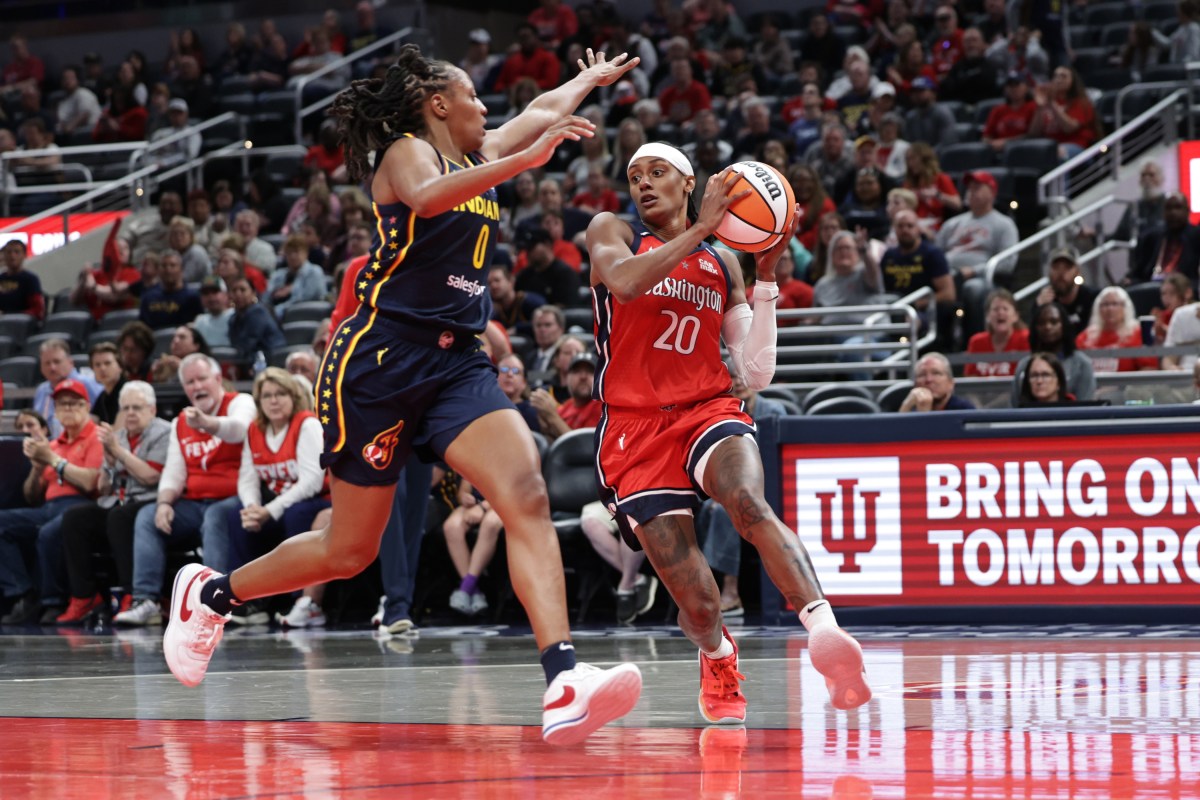
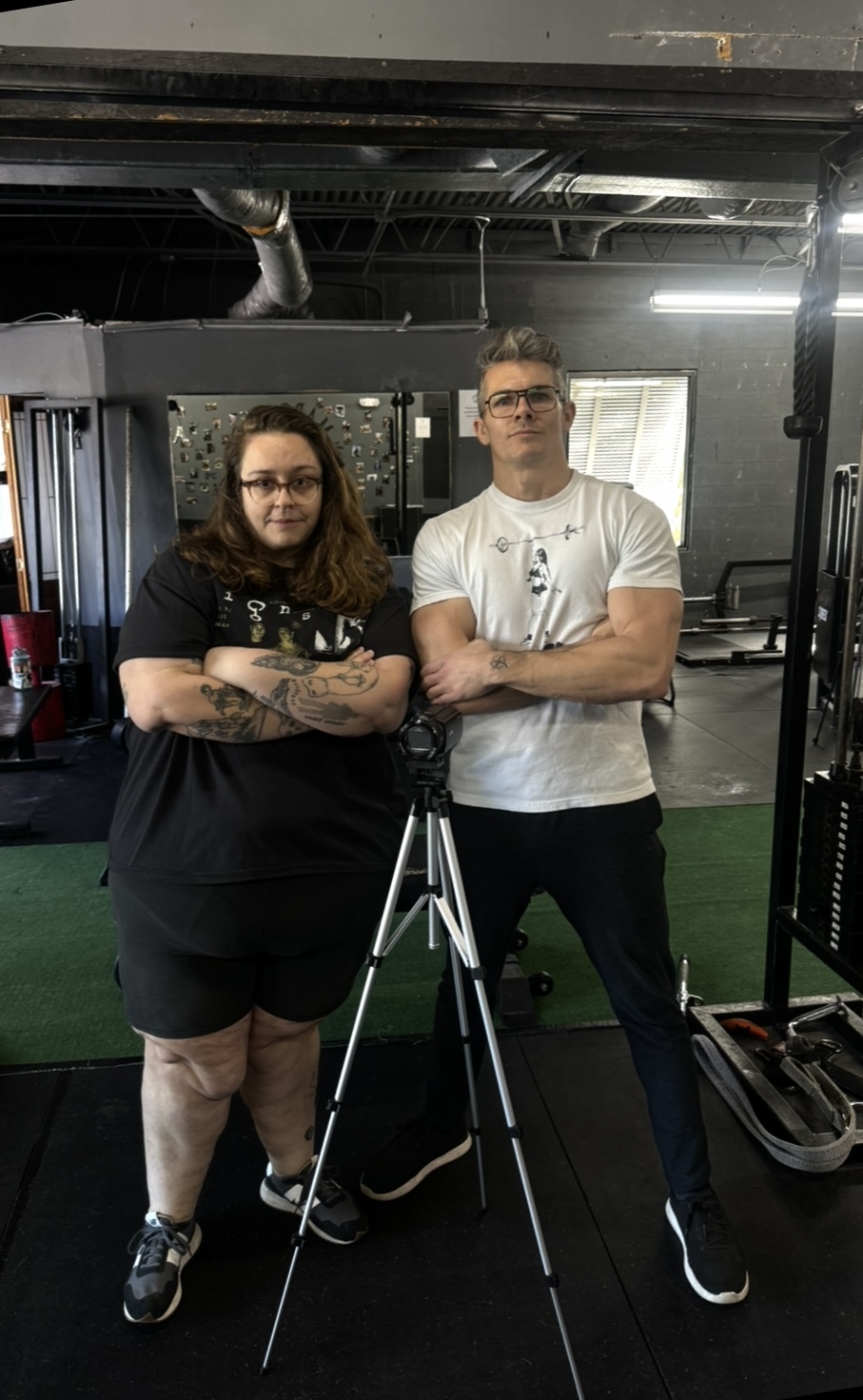
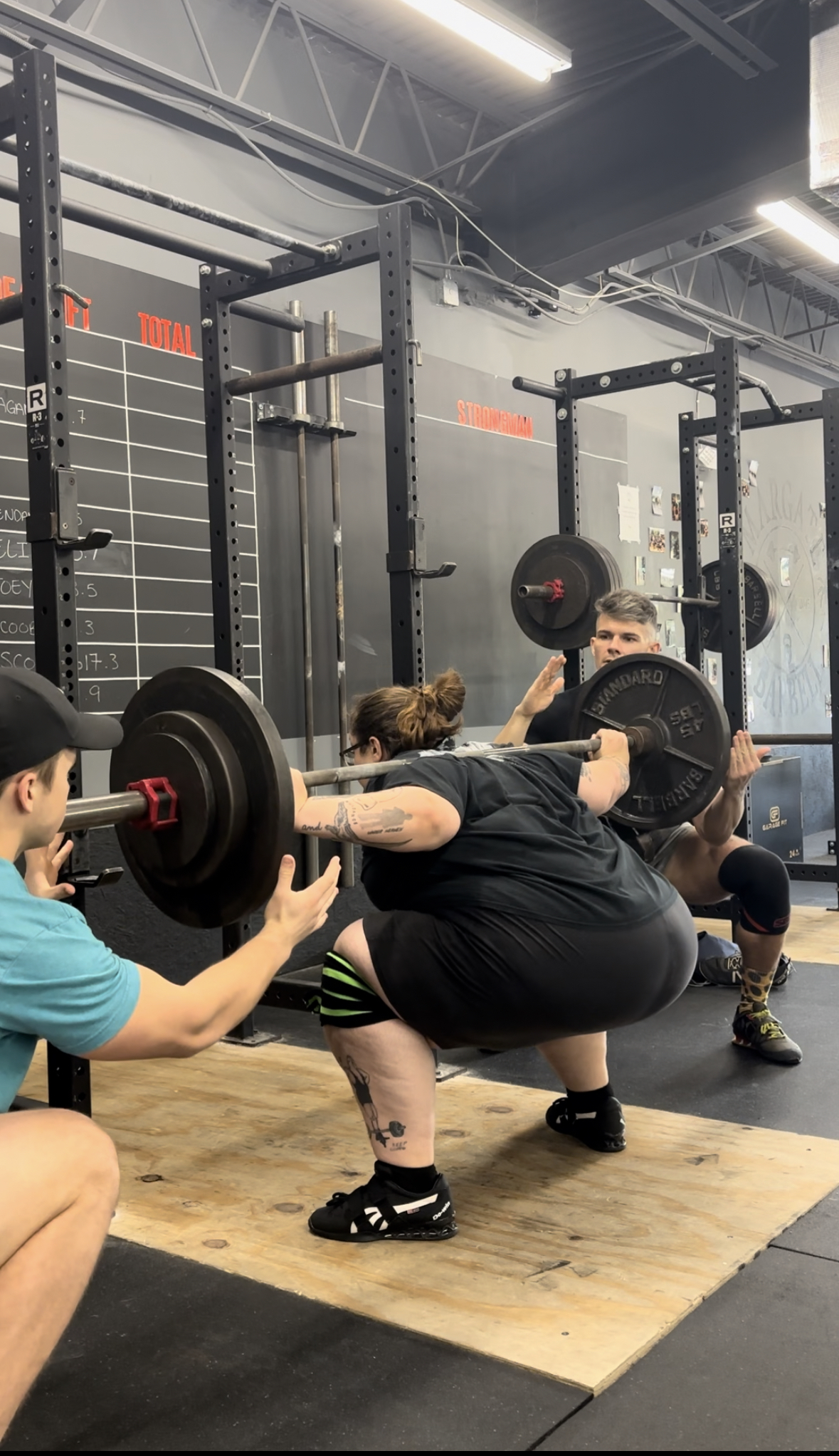
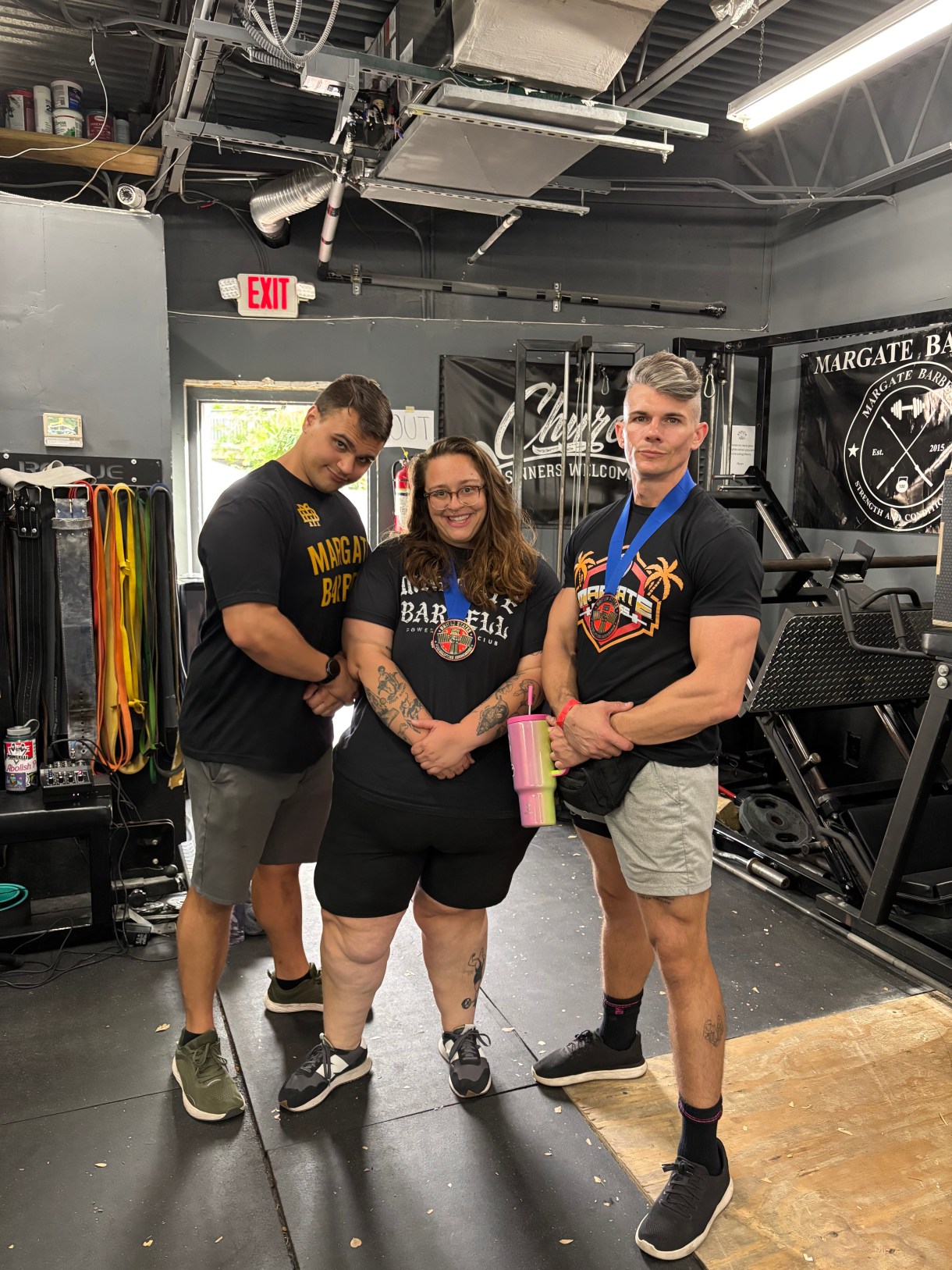

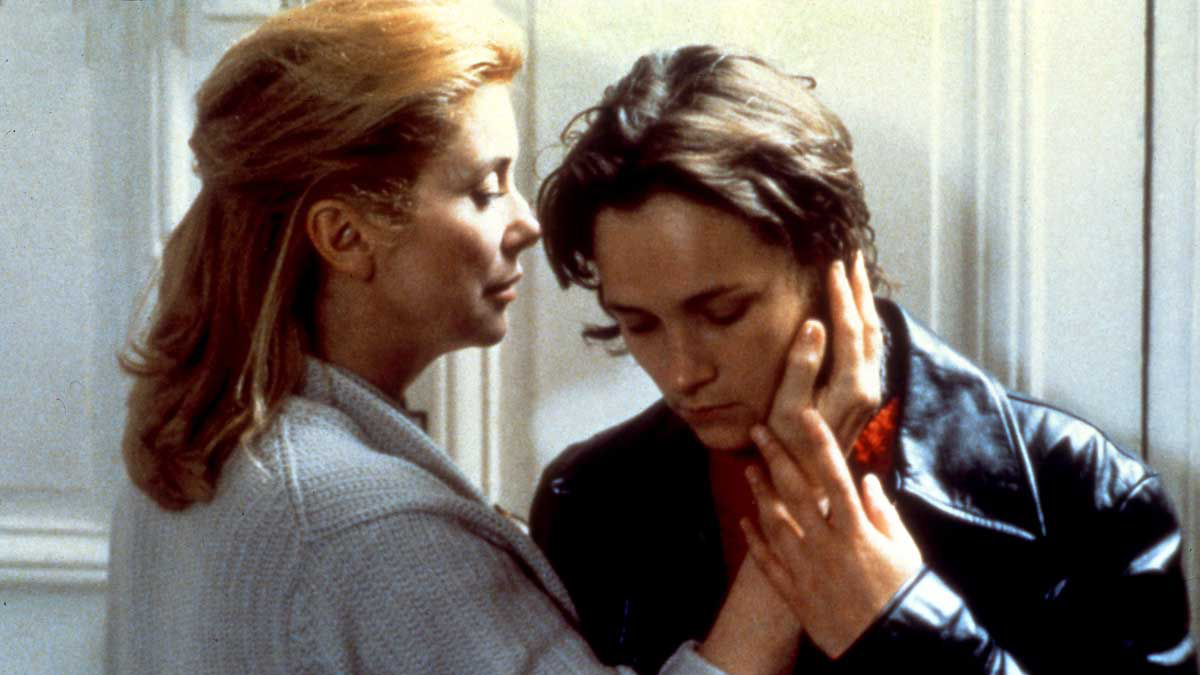
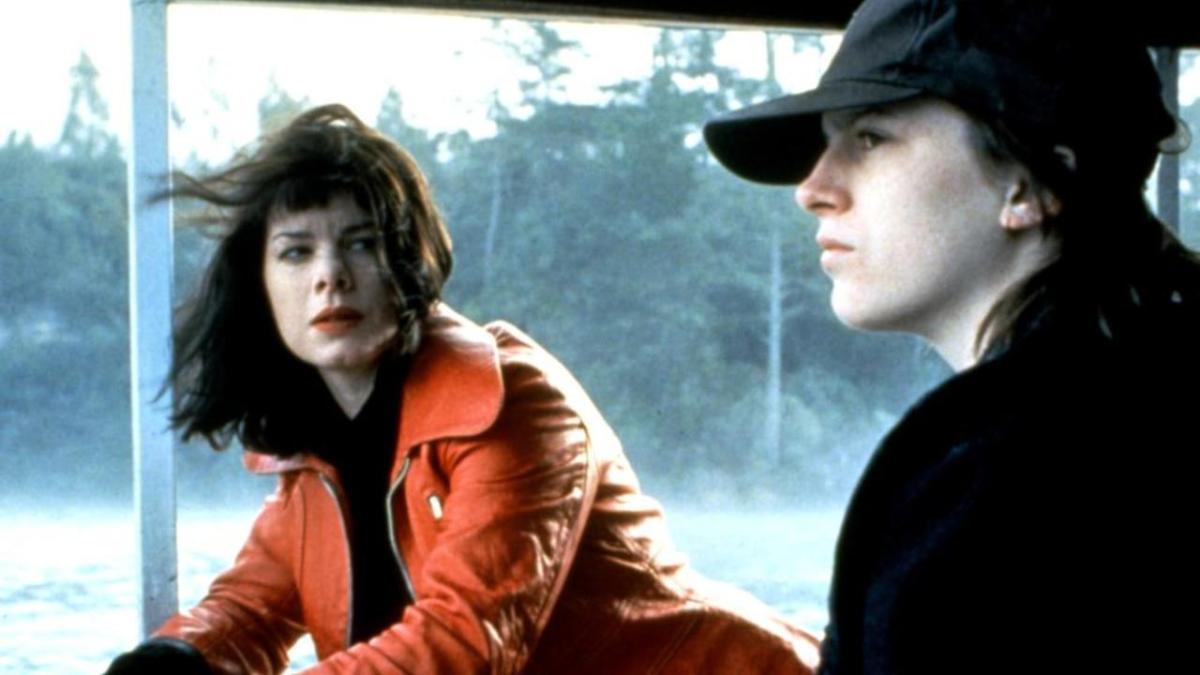
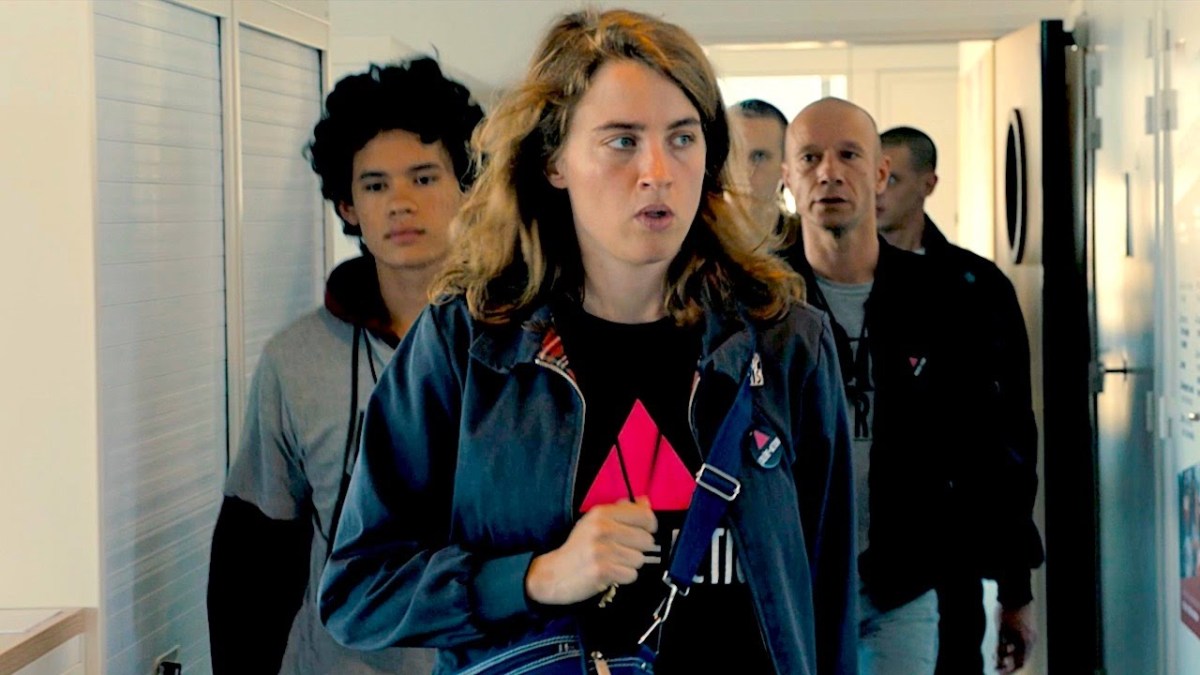
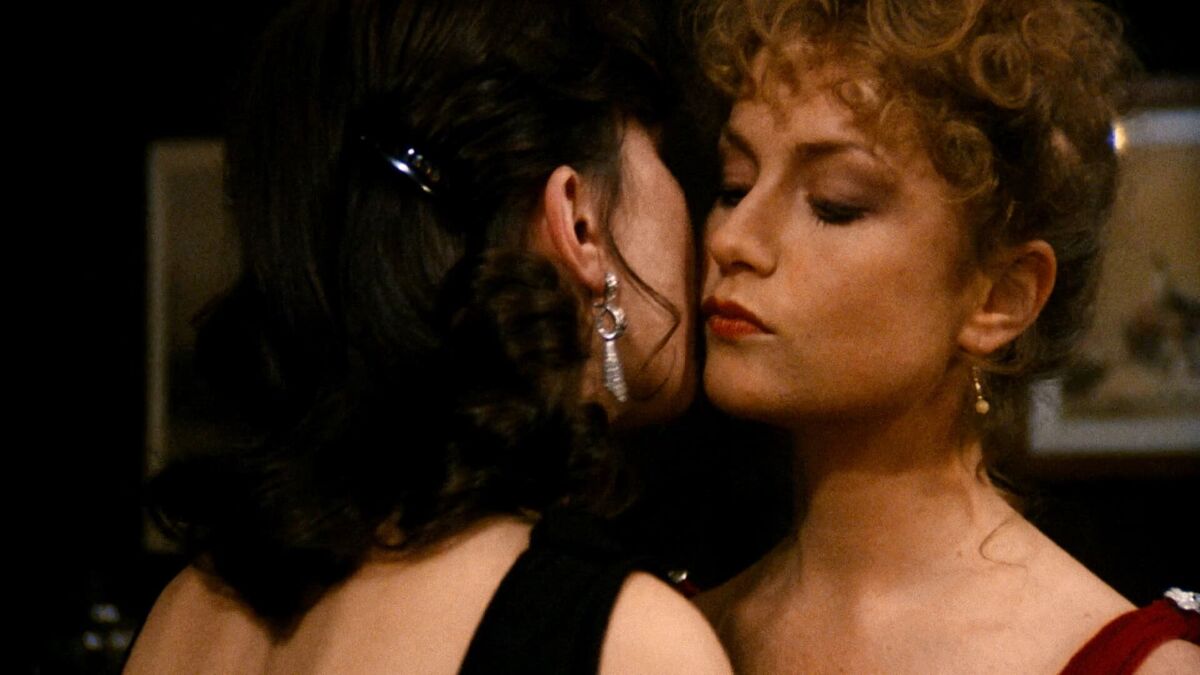

















Dang Natalie what’s your beef with 3 pointers lol
LOL.
Don’t get me wrong, I love a good in rhythm three point shot. It’s a thing of beauty. I’m just not thrilled about the prospect of a team shooting 40+ a night.
For context: the Valkyries shot more threes in that preseason game than the Lynx and Liberty shot combined in Game 5 of the WNBA Finals last season.
Fair enough!